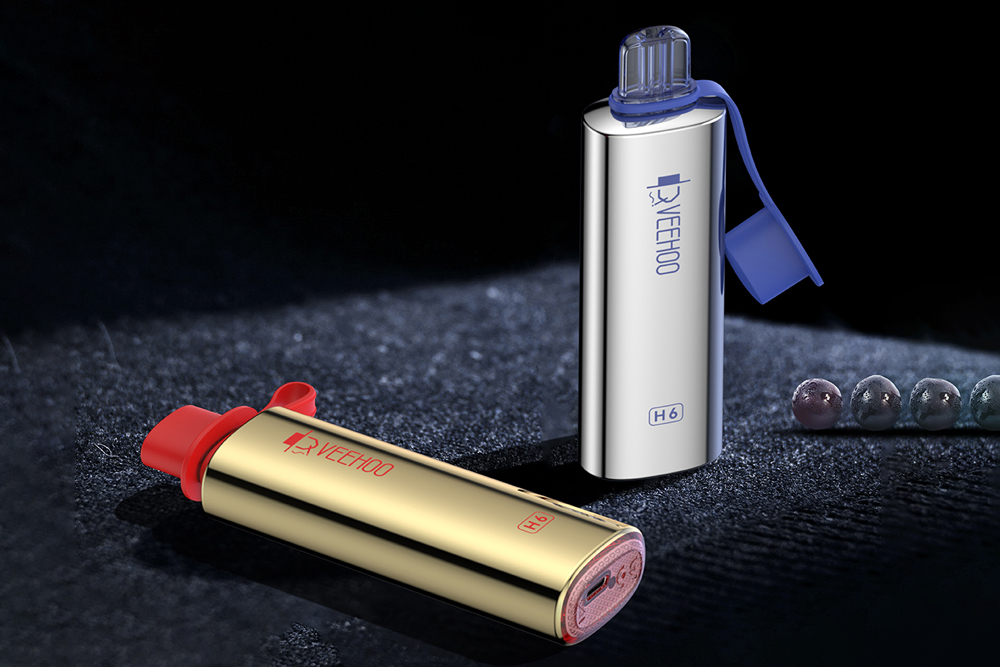According to Total.kz on July 5, Kazakhstan police discovered illegal sales of vapes through instant messaging software in Almaty and West Kazakhstan.
The Almaty Regional Criminal Police Bureau confiscated vapes worth 2 million tenge (4,211 U.S. dollars) from a man who sold vapes through Whatsapp. At present, the police have prosecuted the person involved in the sale and distribution of vapes, their accessories and e-liquids.
Staff of the Drug Crime Prevention Office of the West Kazakhstan Regional Police Department arrested a resident from Uralsk who was caught illegally selling banned vapes to minors through the Telegram online store. When the police searched his residence, they found and confiscated more than 100 disposable vapes, as well as 137 sets of smoking equipment and e-liquids.

Violators now face hefty fines of up to 200 MRP (up to 738,400 tenge [US$1,554.85] in 2024), or forced labor of the same amount, or detention for up to 50 days.
On June 20, Kazakhstan officially implemented a new regulation aimed at banning the sale, distribution and import of vape products.
Under the adopted Amendments to the Law on Health Matters, a new Article 301-1 “Circulation of non-tobacco products, electronic consumer systems (vapes), flavors and their oils” was added to the law. Section 1 provides for penalties for the sale and distribution of vapes: a fine of up to 200 MRP (738,400 tenge [US$1,554.85] in 2024), or up to 200 hours of community service, or detention for up to 50 days. Part 2 provides for penalties for the import and production of vapes: a fine of up to 2,000 MRP (7.3 million tenge [US$15,371] in 2024), or up to 600 hours of community service, or up to 2 years of restriction or deprivation of liberty.

Against this backdrop, it is crucial for Veehoo to keep up with the dynamics of the vape industry. As a company committed to providing safe and high-quality vape products, Veehoo should pay close attention to and comply with relevant regulations and bans in Kazakhstan to ensure the legal sale and distribution of its products. By keeping abreast of industry trends, Veehoo can understand changes in regulations and increased enforcement efforts so that it can take appropriate measures to ensure compliance.
In addition, Veehoo should also strengthen the protection of minors and comply with regulations prohibiting the sale of vapes to minors. The illegal sale of vapes to minors found by the Kazakh police in the above case is a serious violation. Veehoo can ensure that its products do not fall into the hands of minors by strengthening the management of sales channels and implementing effective age verification measures.

In short, as Kazakhstan takes stricter measures to crack down on illegal sales of vapes, Veehoo, as a company that cares about public health, should pay close attention to industry trends, comply with relevant laws and regulations, and strengthen protection measures for minors. Only by operating in compliance and taking active measures to respond to industry changes can Veehoo develop stably in the Kazakhstan market and provide consumers with safe and reliable products.
Tags: Kazakhstan vape ban,Kazakhstan vape online sales case,veehoo vape
